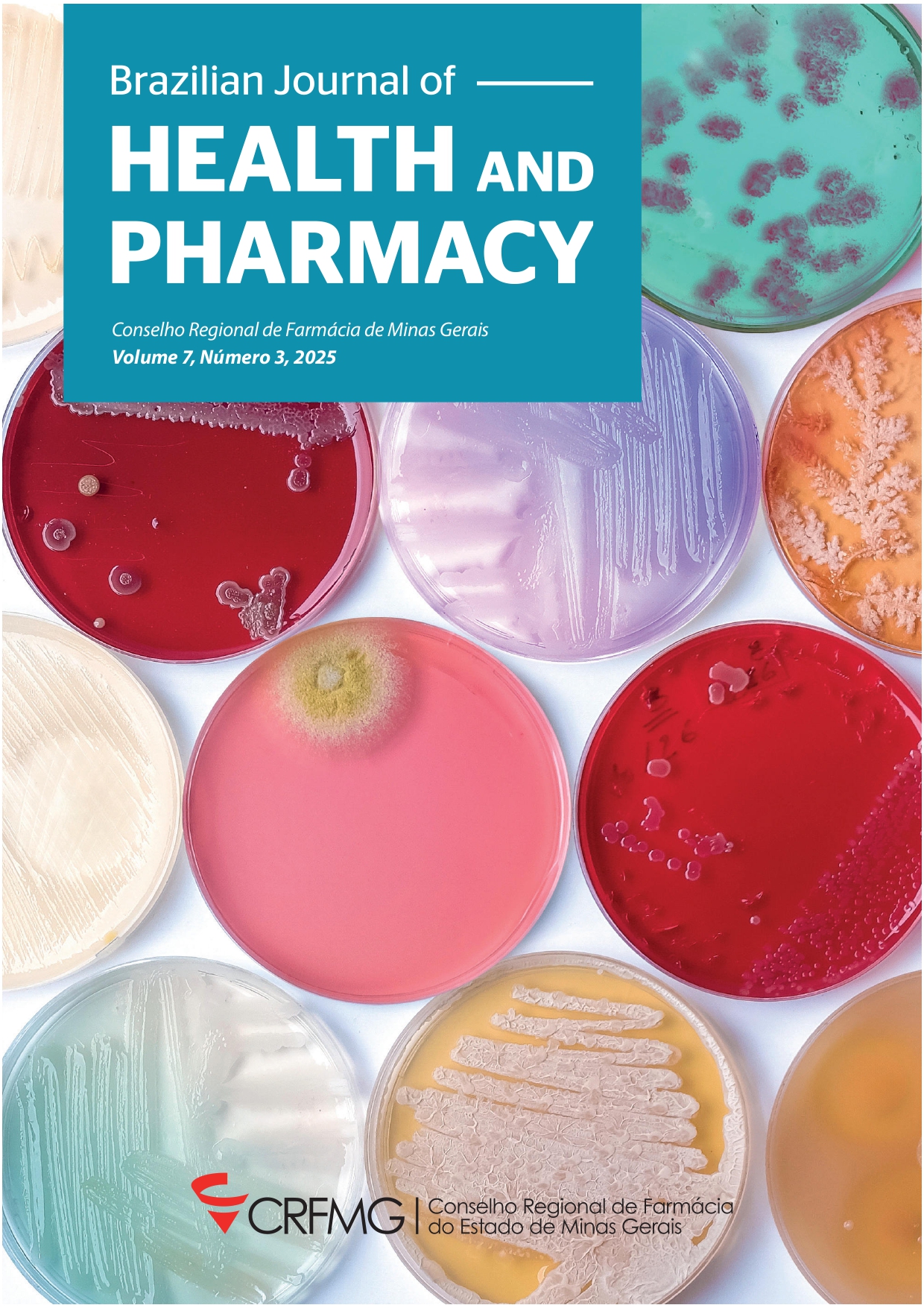Abstract
Diabetes mellitus is a metabolic syndrome characterized by hyperglycemia due to insulin deficiency or absence, negatively affecting patients' quality of life in psychosocial and clinical aspects. Understanding the sociodemographic profile, clinical conditions, and habits of these individuals is crucial for the development of effective therapeutic strategies. This quantitative, prospective, and descriptive study assessed the quality of life of elderly individuals with type 1 and type 2 diabetes mellitus, aged 60 to 95 years, attended at the Primary Health Care Unit, Family Health Strategy Primavera, in Alfenas (MG), from May 2022 to December 2023. The Diabetes Quality of Life Measure (DQOL-BRASIL) questionnaire, validated in Brazil, was used. Seventy-three patients participated, 60.27% of whom were women, and 41.1% were aged between 60 and 69 years. Most followed an appropriate diet (57.53%), and few engaged in physical activity (21.92%). Most participants had comorbidities, particularly hypertension (86.3%). The most common treatment was oral antidiabetic medications (79.45%), with 73.97% using metformin. Regarding blood glucose levels, 57.53% had altered fasting glucose. In the quality of life domains of the DQOL, 71.23% reported overall satisfaction with their life, while over 90.00% indicated few social and vocational concerns. Other domains also showed positive scores, indicating a favorable perception of quality of life. The results of this study demonstrated that elderly individuals with diabetes mellitus showed greater commitment in the domain of satisfaction and fewer concerns in the social and vocational areas


